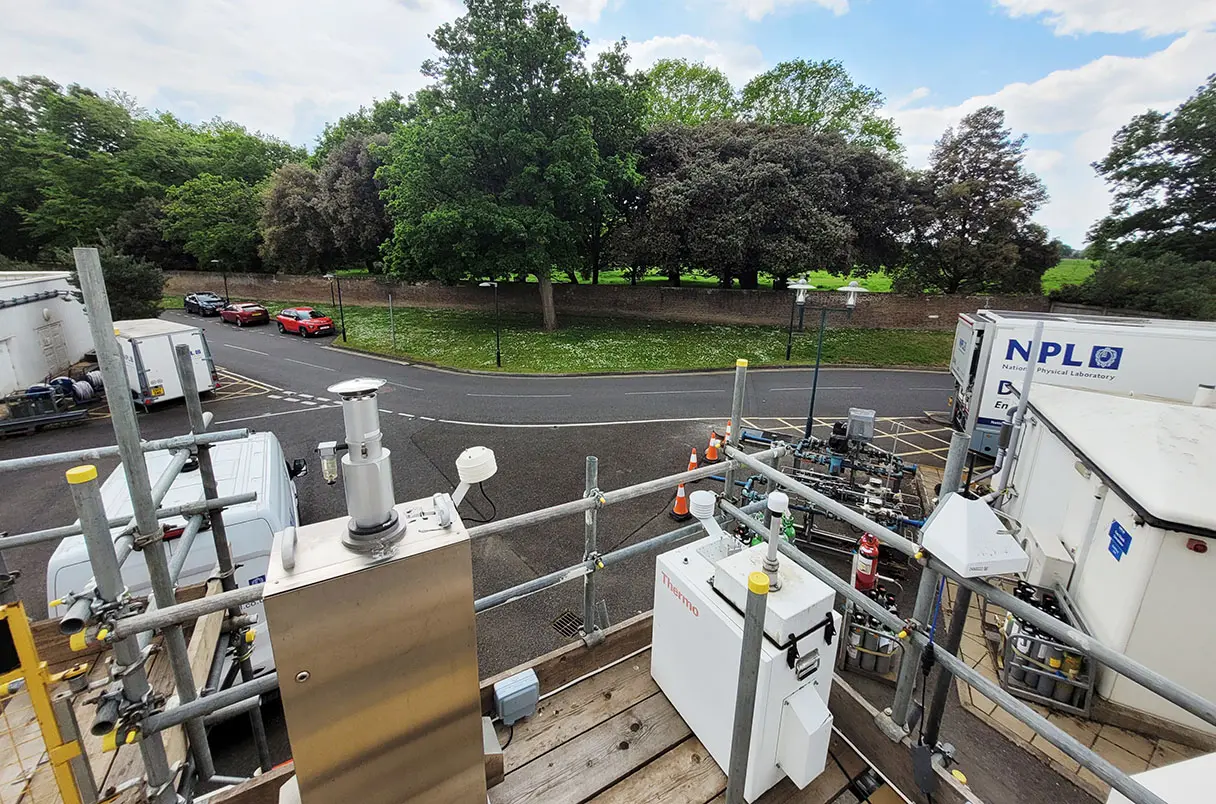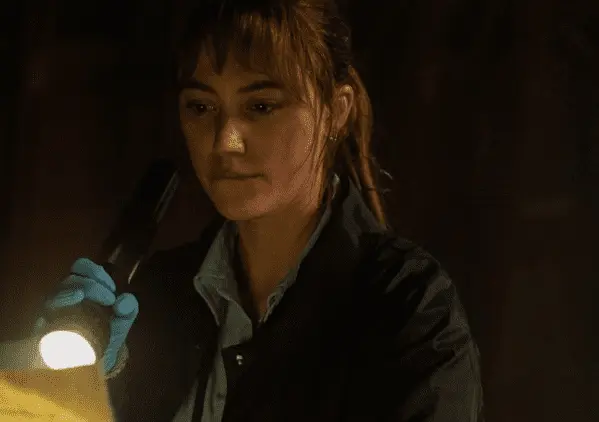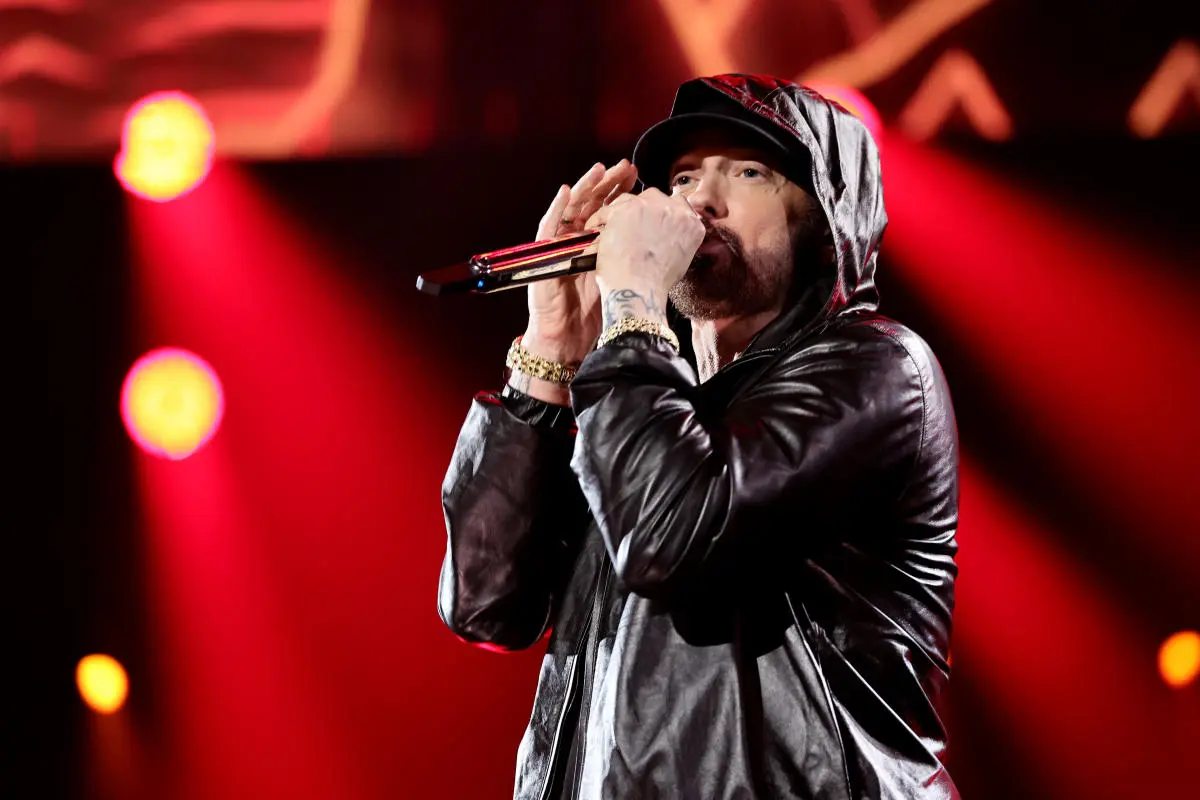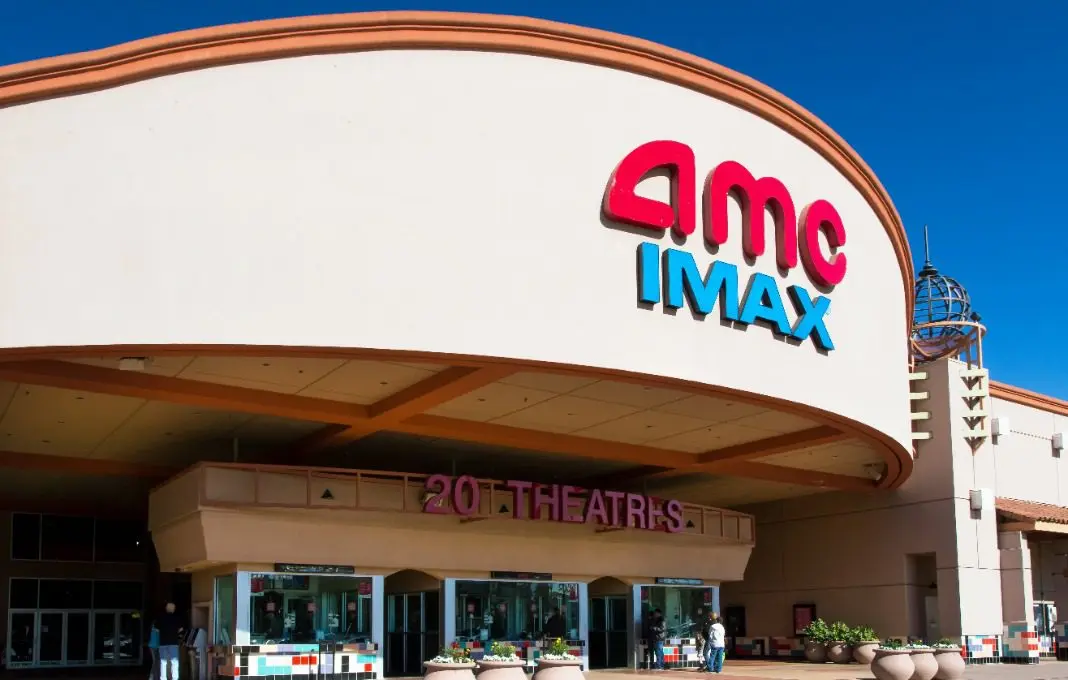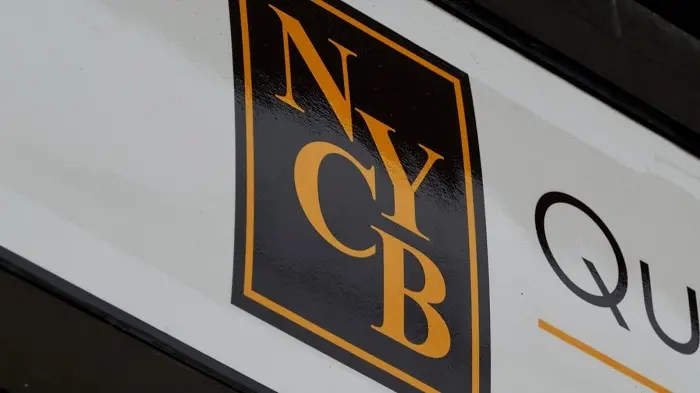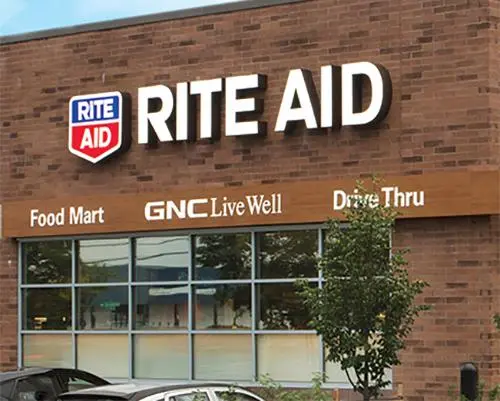
A US judge granted permission for Rite Aid, one of the biggest pharmacy chains in the country, to start voting on a bankruptcy restructuring plan on Thursday. The plan would give bondholders the majority of the company's shares while keeping the possibility of a sale.
The voting proposal was authorized by US Bankruptcy Judge Michael Kaplan during a hearing in court in Trenton, New Jersey. Kaplan stated that the bankruptcy case needs to go swiftly in order to prevent extra restructuring expenditures that could force the firm into liquidation.
The firm filed for bankruptcy in October in an effort to reduce its excessive debt, close failing retail locations, and liquidate non-core business segments.
The updated Rite Aid bankruptcy proposal on Thursday would eliminate $2 billion in debt and give $47.5 million to junior creditors, which include people and local governments suing the firm for allegedly neglecting red flags and unlawfully writing prescriptions for addictive opioid drugs.
Rite Aid, which has denied any wrongdoing, is currently wrapping up a few settlements that are vital to the restructuring, which include an agreement that would end the Department of Justice's investigation into the retailer's sales of opioids.
Attorneys for the firm, however, said that it is prepared to ask bondholders — the essential voting class in the firm's bankruptcy — for their votes.
No other entity will be allowed to participate in Rite Aid's bankruptcy vote, and the votes of bondholders are due on April 15.
Rite Aid's voting proposal, according to Kaplan, was "unusual" as it excluded the creditors who are least likely to receive payment from casting votes.
However, he accepted Rite Aid's conclusion that, after paying off higher-priority debt like bonds and bank loans, it would not have sufficient money left over to settle those creditors.
Junior creditors would receive $47.5 million as a "gift," according to Rite Aid in court documents. This would not be possible if settlements with higher-priority creditors were not reached.
The lawyers for the company's junior creditors, such as those that owned its opioid business, stated that clients were fine with the settlements and did not mind not being able to cast votes.
According to Arik Preis, the lawyer for the opioid victims in the lawsuit, the original plan said unsecured creditors would receive nothing. We're starting to get quite a bit.

